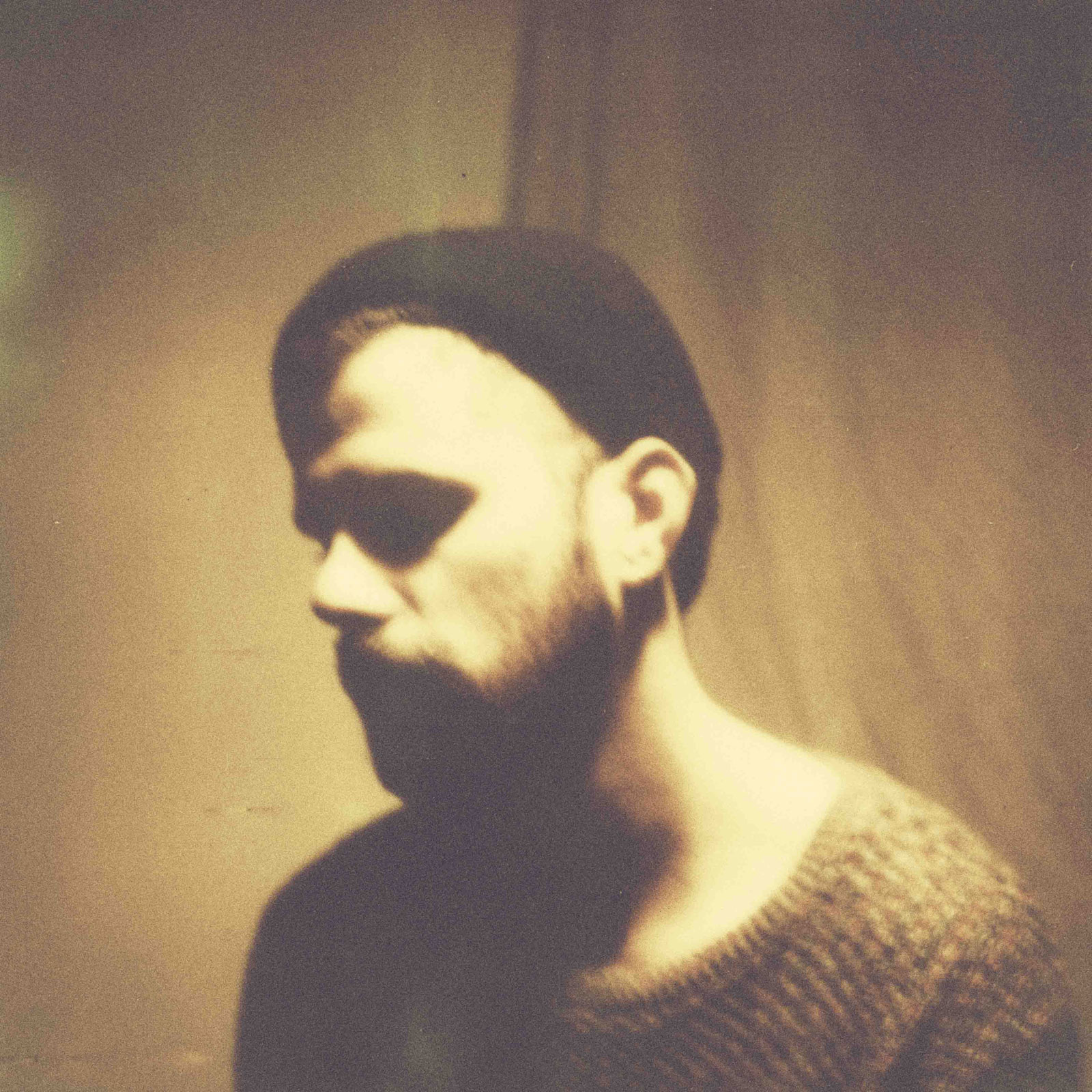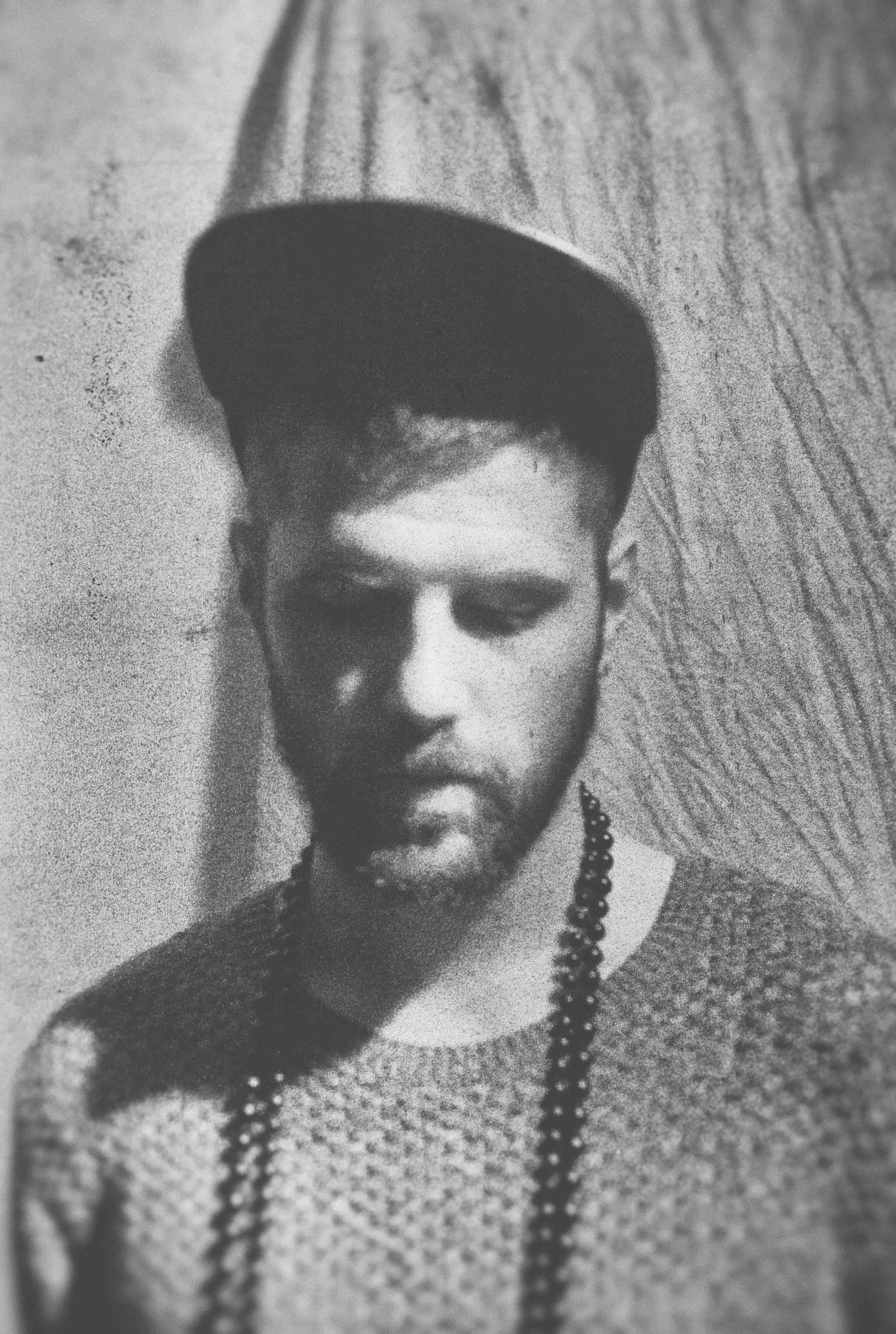Nick Mulvey: how to develop your own sound
Plus! Exclusive video performance of acclaimed track Venus
Want all the hottest music and gear news, reviews, deals, features and more, direct to your inbox? Sign up here.
You are now subscribed
Your newsletter sign-up was successful
ACOUSTIC EXPO 2014: Nick Mulvey is one of the most uniquely exciting acoustic players and songwriters to emerge in the last ten years. The ex-Portico Quartet member has a passion for African guitar styles that he weaves into dreamy odes drifting somewhere between Nick Drake, Jose Gonzalez and John Martyn.
Upon meeting with Nick recently to snag an Acoustic Expo 2014 interview and exclusive video performance of Venus (above), we asked him to recall the journey leading up to his Top 10 debut album, First Mind, and to offer some advice on how you can develop an original musical style.
It takes three years
There are no shortcuts to sustainable success in music. Nick came from a well-placed background with Portico Quartet, but still had to put the time in establishing himself as a solo artist.
Nick Mulvey: "Someone told that it normally takes three years to get a project up and running and it has been about bang on three years to get to this release week. I knew that I had to burrow down, write some songs, work with some management, get the touring up and running. And I knew how approaches should happen, like, if someone wants to record you, but just writes in your Facebook inbox, it's probably not going to be the right person."
Knock on doors
Nick spent time studying guitar at the I.S.A. school in Cuba and ethnomusicology at London's SOAS university - both essential in developing his unique style - but if he hadn't taken the initiative he wouldn't have been admitted…
Nick: "I didn't really have the grades to get into my uni and SOAS is a very academic institution. I was a very happy young musician, but not a very attentive student in my sixth form years, put it that way!
"But I went along anyway, just to knock on some doors and say, 'I don't have the right grades, but I really want to come and study.' I met Lucy Durán who was a really important figure in my life at that point. She knew the school in Cuba I was going to and said that I could come and study at SOAS."

Follow enthusiasms
The guitarist's distinctive brand of playing owes much to African players and devotional music. He has an impressive knowledge of the continent's styles, which he draws on in his own writing.
Want all the hottest music and gear news, reviews, deals, features and more, direct to your inbox? Sign up here.
Nick: "It's always just been a process of following enthusiasms and impulses. It's not a thought-out thing, it's just a feeling and a response. It's just, 'I like that!' And then it's been self-evident to me how to combine them in my own style… It never felt like an effort to follow those things."
Look inward, not outward
Originality is deemed a rare, mercurial thing in music, but Nick says it needn't be…
Nick: "It's almost cliché, but if you just focus on being yourself then you can only be original. If you're looking outwards at all of the different guitarists and thinking, 'Where can I slot in between all of that?' You'll end up just being imitative. If you take all of the different things you love, there will be an original space between them. It's not about looking outward though, it's more of an inward thing."
"I love Jeff Buckley and great emoters like that who sing fully, but it's not quite me. I'm a bit more reserved as a character"
Develop your voice
Many singer-songwriters focus on just improving their songwriting or playing ability, but the voice is the initial point of contact for much of your audience. Spend some time developing yours…
Nick: "I had developed the guitar, but my singing, when I left Portico Quartet, was what I really wanted to focus on. I needed to grow there and I'm still on that journey. I love Jeff Buckley and great emoters like that who sing fully, but it's not quite me. I'm a bit more reserved as a character [and in voice]. Then again, Fever To The Form has the lyric, 'Hear me at the door and I'm calling out for more' and I'm belting it out, so that's not exactly understated!"
Find like-minded collaborators
Nick recorded First Mind with producer Dan Carey and believes their their shared music-making philosophy was a real benefit, in particular on the song Nitrous.
Nick: "I liked Dan from the start. Our passions really crossed in a similar way. It was the depth of passion, first of all, and of real interest in the details, but his details were different from mine.
"For example, he had wondered about the sonic experiences of a laughing gas balloon, so he was actually working it out with these amazing delays. So on the album version of Nitrous there are all of these little things in the background - we were cracking up the whole time about the chance of him having worked on that."

Be open to new ideas
Embracing Dan's input on First Mind has allowed Nick to create an even more original recording.
Nick: "Dan likes error and chance. He would often bring random things in. So I would be doing my [fingerstyle] patterns and he would bring in a music box and turn it really slowly so it had that plinky-plonk, stick a reverb on it and whack it right up the top [of the mix]. If I was doing it [alone] I'd make everything lock in with the guitar and after a while it gets too uniform."
Use EPs to experiment
Don't rush to record an album. Instead use the time to put together EPs and figure out what you want from your debut full-length.
Nick: "I spent a long time developing the EPs, learning how I wanted to sing on the mic, how I wanted to go about all these elements. [When it came to the album] I'd done all my worrying and my doubt, so we had no obstacles and we just got a huge amount done. It was a blistering pace, a really heightened couple of weeks, because we were so inspired."
Matt is a freelance journalist who has spent the last decade interviewing musicians for the likes of Total Guitar, Guitarist, Guitar World, MusicRadar, NME.com, DJ Mag and Electronic Sound. In 2020, he launched CreativeMoney.co.uk, which aims to share the ideas that make creative lifestyles more sustainable. He plays guitar, but should not be allowed near your delay pedals.
